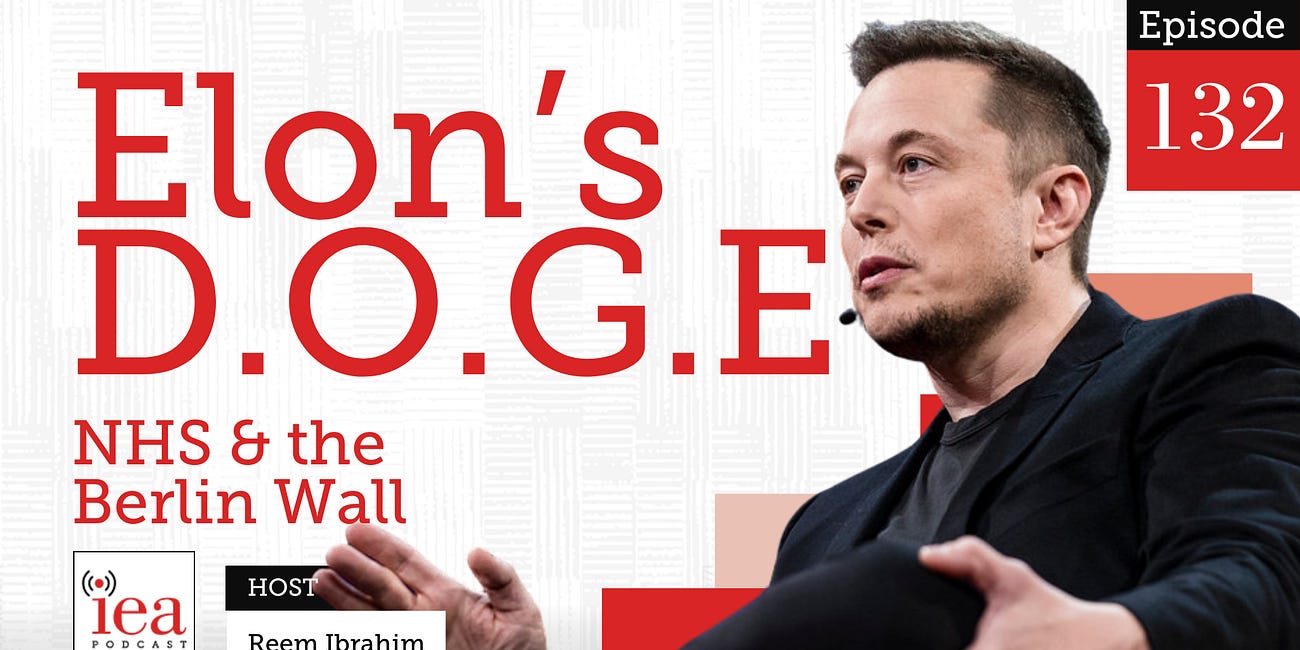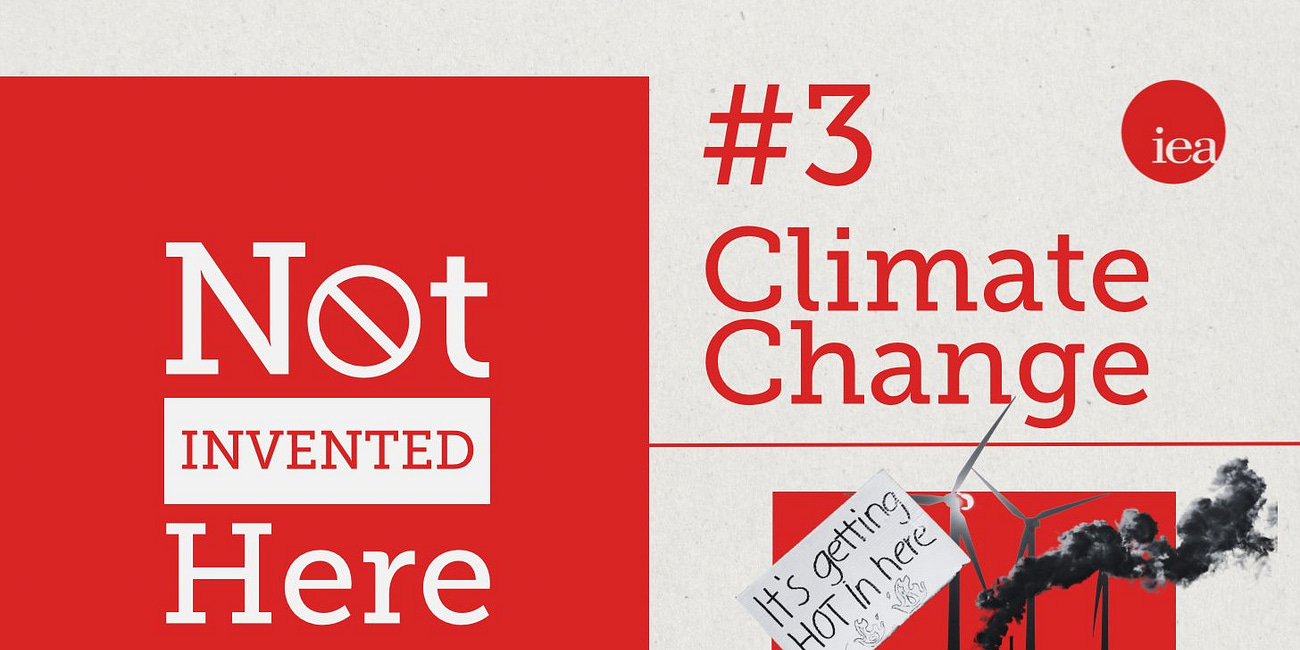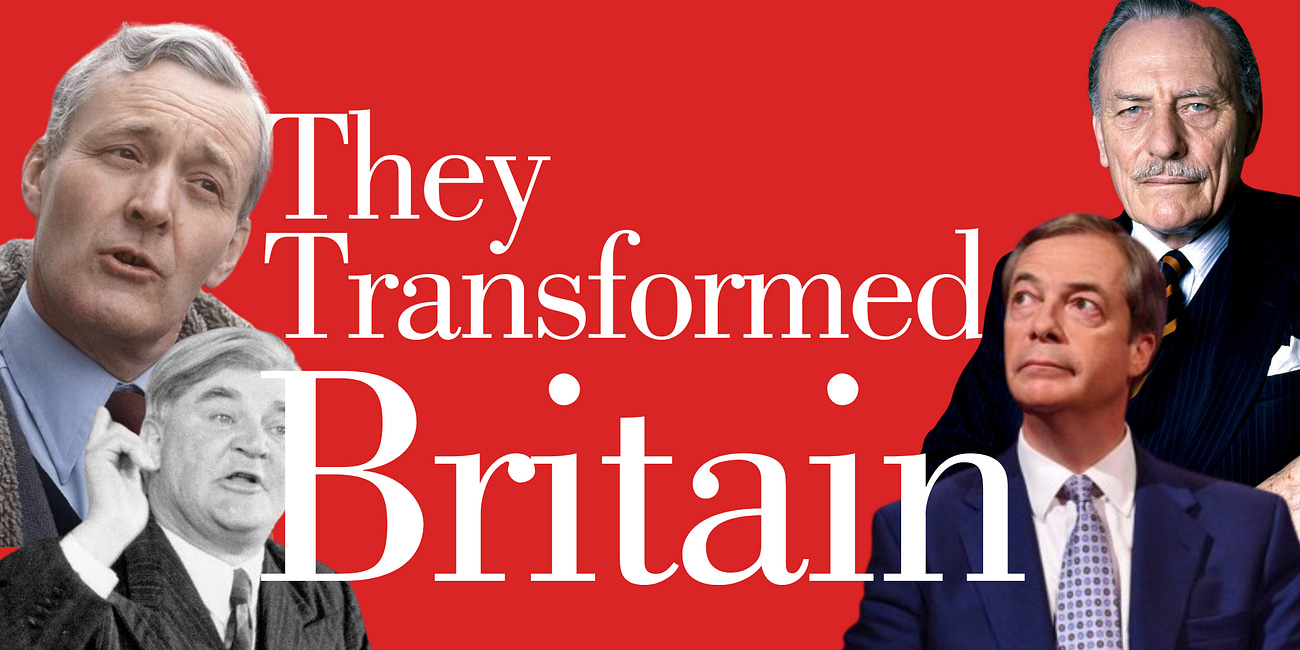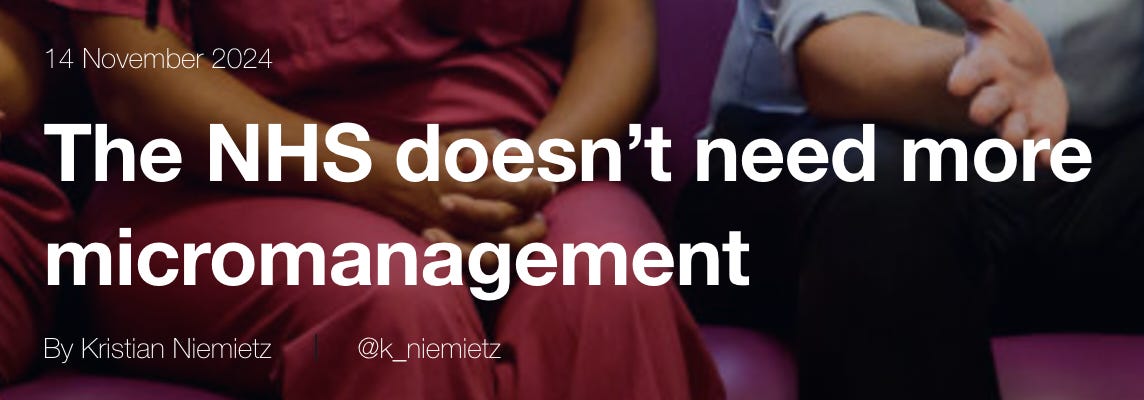|
 |
Welcome to no-growth Britain?
Only a radical transformation of the state will restore economic dynamism
Britain’s biggest problem is a lack of economic growth – so much else is downstream from that. In per person terms, annual real growth averaged more than 2 percent in the run up to the financial crisis. From the crash to COVID-19, growth was just 0.6 percent on average. And of course these growth rates compound. Before the financial crisis, living standards were on course to double every 35 years; afterwards, it was every 120 years. This is a change with profound societal – and even civilizational – consequences.
From tax and regulation to institutional malaise, demographic decline, and a culture that denigrates success – there are all sorts of explanations for our economic slowdown. But the way I see it is that we are suffering a progressive loss of economic dynamism, as we gradually replace market processes with bureaucratic ones – often to reduce risk or increase ‘fairness’. To many observers, every individual step along the road is reasonable and easy enough to justify. But over time, the effect is suffocating.
Britain’s financial services sector feels the dead hand of the state – and its symbiotic compliance industry – especially strongly. It has, in effect, been punished for the sins of the financial crisis (some real, many misunderstood) via a regulatory response that is disproportionate to the real risks involved. Indeed, financial regulation was carved out of the last government's Better Regulation Framework – and its associated one-in-two-out (etc) rules – precisely because its costs were so high.
It is encouraging, then, to see Chancellor Rachel Reeves use her Mansion House speech to acknowledge that post–financial crisis regulation “has gone too far” in seeking to “eliminate risk taking” and has had “unintended consequences that we must now address”. The concrete measures she hints at are sensible and helpful, in so far as they go, but only really scratch the surface of the problem.
Nonetheless, what I was really struck by was the contrast between the chancellor's insistence that “the key test for regulation is whether it will make our economy more dynamic and more competitive” and something else I saw the same day – Paul Goodman's quietly-damning Twitter thread about the Football Governance Bill working its way through Parliament.
Here you have an undeniably dynamic and competitive industry – perhaps the one remaining area in which England really leads the world. And what does government do? It sets up a wholly unnecessary, utterly ill-conceived regulator to issue operating licenses, determine revenue distribution, require consultation on ticket prices, and mandate diversity, equality, and inclusion plans. (Let's not forget that the Conservatives started it.)
The main thing I’ve learned researching regulatory policy is that you have to run very fast just to stand still. Every bureaucratic incentive and institutional dynamic in Whitehall pushes towards more and more regulation. We will not fix Britain's growth problem until we break free of that regulatory ratchet.
Tom Clougherty
IEA Executive Director
P.S. The best way to never miss out on IEA content and support our research and educational programmes is to become a paid IEA Insider. For a limited time, new paid subscribers will receive a copy of Steve Davies’ book Apocalypse Next: The Economics of Global Catastrophic Risks and a 15% discount.
Streeting’s NHS reforms ‘reheated’ Blairism, says Dr Kristian Niemietz
Commenting on Wes Streeting’s proposals for NHS reforms revealed this week, including implementing league tables, IEA Editorial Director Dr Kristian Niemietz said:
“These are reheated Blair-era reforms. In the early 2000s, the Blair government tried to shake up NHS performance by publishing ‘star ratings’ of NHS trusts that ranked them by performance, micro-managing underperforming ones, and giving high-performing ones ‘earned autonomy’. Those reforms had some success back in their day, but it is not quite clear what exactly Streeting’s measures would add to that now.
“Streeting says that he wants NHS trusts to be run ‘as efficiently as global businesses’. There is ultimately only one way to achieve that, and that is to turn them into precisely that: businesses, which rely on patient satisfaction for their survival.”
Streeting rolls out health service league tables to boost efficiency, City AM
Wes Streeting faces backlash over ruthless NHS reform plan to root out 'rotten apples', The Express
News, Views & Upcoming Events
‘Welcome to no growth Britain’ - IEA Economics Fellow Julian Jessop quoted in the Express story on low GDP growth figures published on Friday
The NHS doesn’t need more micromanagement, IEA Editorial Director Dr Kristian Niemietz in CapX
Let’s be honest… our pensions are not for politicians to play with, IEA Public Policy Fellow Matthew Lesh in CityAM
Starmer is signing Britain up for accelerated decline, IEA Chief Operating Officer Andy Mayer in CapX
IEA Communications Manager Reem Ibrahim sets out how free trade in Africa could lift over 100m people out of poverty, IEA YouTube
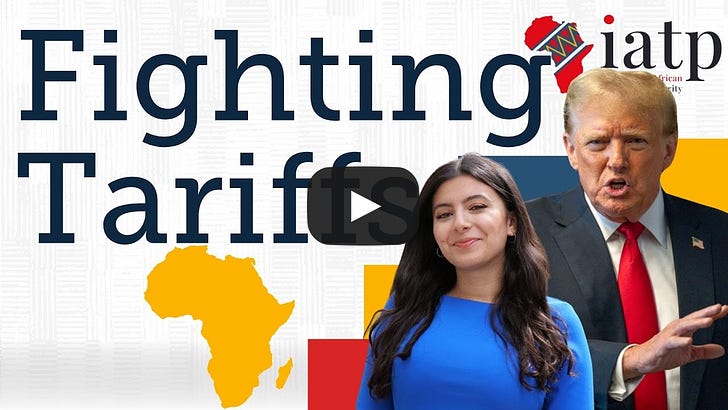
You’re currently a free subscriber to Insider. For the full experience, upgrade your subscription.
Paid subscribers support the IEA's charitable mission and receive special invites to exclusive events, including the thought-provoking IEA Book Club.
We are offering all new subscribers a special offer. For a limited time only, you will receive 15% off and a complimentary copy of Dr Stephen Davies’ latest book, Apocalypse Next: The Economics of Global Catastrophic Risks.
